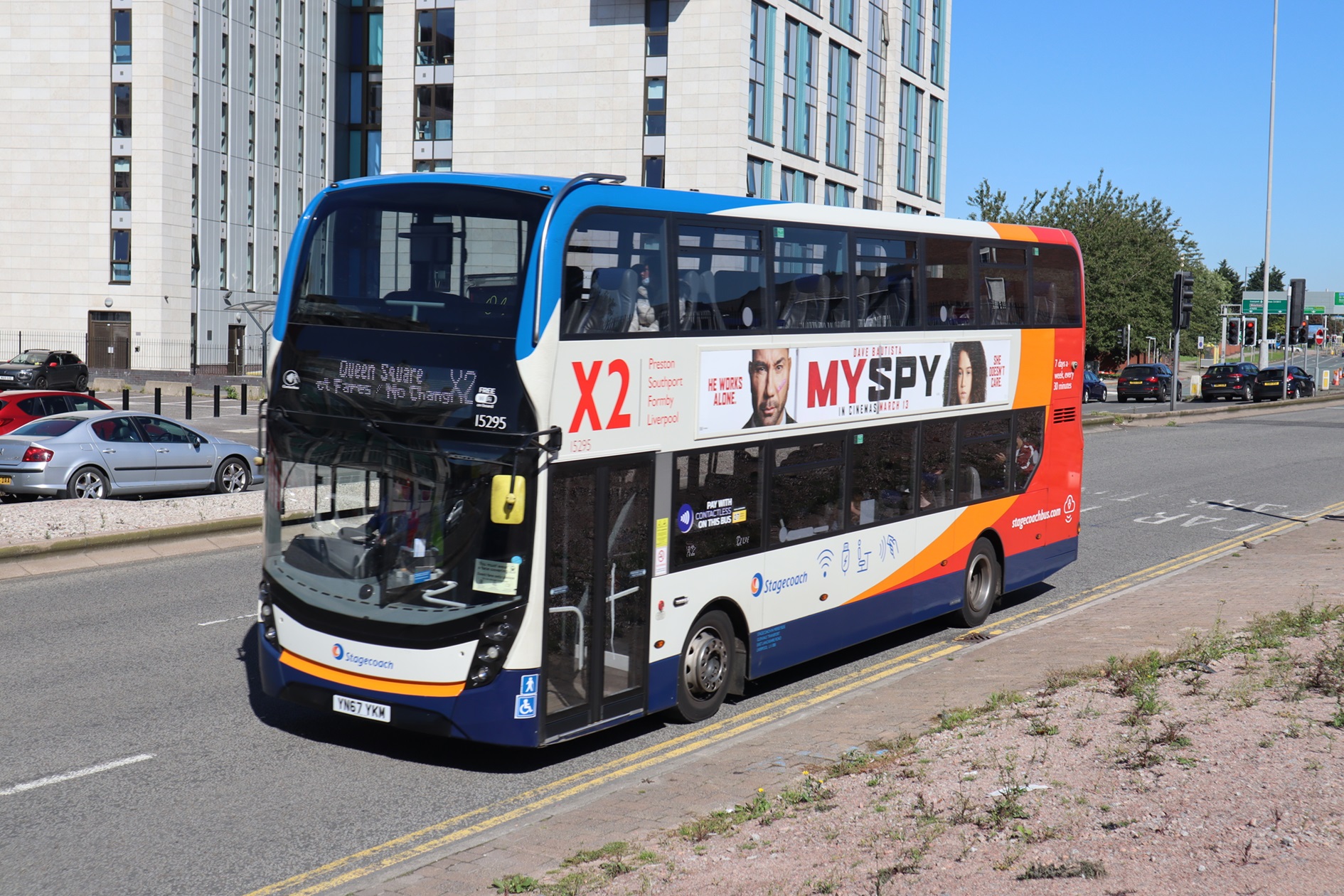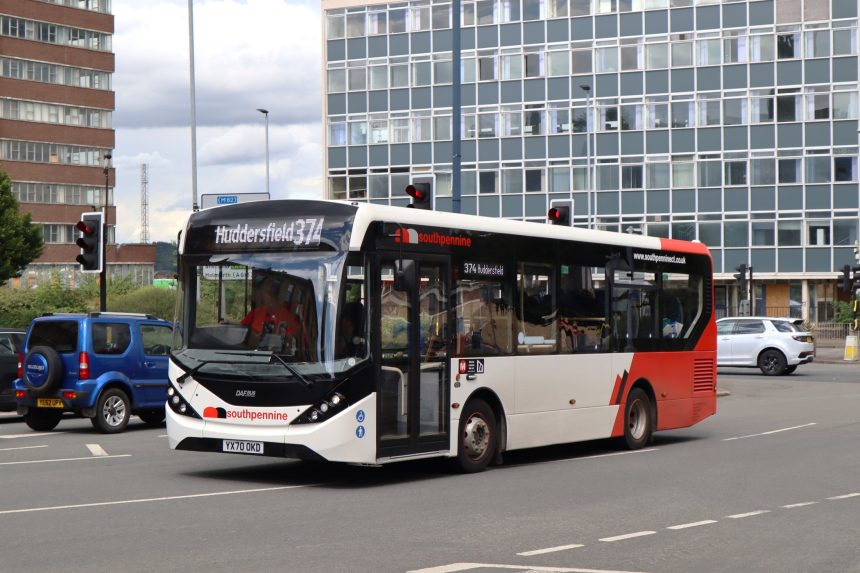Bus franchising is underway or has been signalled in each of England, Scotland and Wales. It is a controversial topic for the industry. Some operators are vehemently opposed, while others are welcoming. More sit ambivalent, accepting of its seeming inevitability.
Of greater agreement is that assessing, developing and mobilising franchising is complicated and expensive. Statutory assessments that run to over 1,000 pages are evidence of that. Incumbent SMEs are thus likely to fare worst from reregulation, as seen in Greater Manchester and warned of in West Yorkshire.
Freeths Director and transport lawyer Frank Suttie believes there are multiple changes that could be introduced to the bus franchising structure to benefit both local transport authorities (LTAs) and operators, particularly – but not exclusively – SMEs. He speaks with experience of the reregulation process in England, having advised multiple parties there.
While that task is complex, there is no question that it works. Greater Manchester demonstrates that, although Frank believes that some potential bidders were put off by onerous requirements placed on them. Such a position leads to questions about whether the intended competitive environment for operators large and small will be created.
Transitionary process the big challenge in franchising rollout
The bulk of the challenge in franchising comes in transitioning from the deregulated model, Frank continues. Existing legislation does all that is required in that respect, although there may be room for more robustness around the ability of LTAs to secure existing depots.

What he calls “hints” are visible that compulsory purchase order powers could apply in that scenario, although it is unclear whether they would cover a live operating centre. While strengthening the scope for LTAs to buy depots may be opposed by those against franchising, Frank notes that it could be seen as key to promoting competition.
“Bidders can only truly compete if there is no [incumbent] advantage of having a depot already,” he adds. “It is interesting that there is nothing in legislation to say that a depot has to transfer.” Nor do vehicles, although Frank believes that their move to LTA ownership is something that bidders are comfortable with, given the rapid shift towards zero-emission and resulting removal of associated risk from those businesses.
Of small LTAs and small operators in bus franchising
Whether smaller LTAs have sufficient resource to undertake franchising is something that in England will likely be tested under a Labour government. If adopted widely by those authorities, many SMEs will be exposed to reregulation. Frank believes that they currently lack sufficient protection in franchising, although he cautions that public procurement rules must always be followed.
“The Competition and Markets Authority is concerned over the SME issue. Through responses to franchising consultations, it is encouraging LTAs to think very carefully about that and what they can do about it,” he says. “But it is very difficult for an authority to construct rules that are defined to have particular outcomes.”
A basic way of starting to settle the SME conundrum is mandating that small contracts cannot run from a depot that hosts a large contract. Such an approach has been mooted in West Yorkshire. “That is trying to put small operators on a level playing field with a large business on operating costs,” Frank suggests, although he believes that it could be pushing procurement rules to their limit.
If SMEs can succeed under the first stage of a regulated environment, scope for them to grow later must not be forgotten. Because of that, key is for LTAs to have flexibility in building future contracts, potentially growing initial smaller lots to capture more work.
Simplification of the process likely under Labour?
A further approach to support SMEs is decoupling home-to-school (HS2S) services from franchising. That is likely to be permissible, Frank notes. It could also be beneficial when ‘between peak’ hires for schools are considered. Those are often combined with H2S to optimise vehicle utilisation and spread overheads. If H2S is bundled, that scope could be compromised.

LTAs deploying franchising can also largely define their permit regime for cross-border services. There is an imperative to standardise that process; an increased regulatory burden could see the withdrawal of some such marginal routes.
Labour’s desire to see franchising in England spread may lead the party to examine how the overall statutory process can be streamlined if it forms the next government, Frank believes. What could be done there remains to be seen, but Shadow Local Transport Minister Simon Lightwood hinted in January that reregulation powers will be simplified and that a central resource for some LTAs would be considered.
“I believe Labour would certainly look at [removing complexity],” Frank continues. Introduction of centralised support would be beneficial from a policy objective approach. He observes that some previous public procurement programmes outside transport have worked well in that manner and how standardised contract documentation and terms assisted all involved.
“If Labour wanted things to happen quickly in bus franchising, that is one thing it could do,” he adds, although such a change would likely only streamline the difficult mobilisation phase, and not the ongoing cost of operation. Clearly, there is still much to do before an optimal franchising model is arrived at – for all parties involved.



























